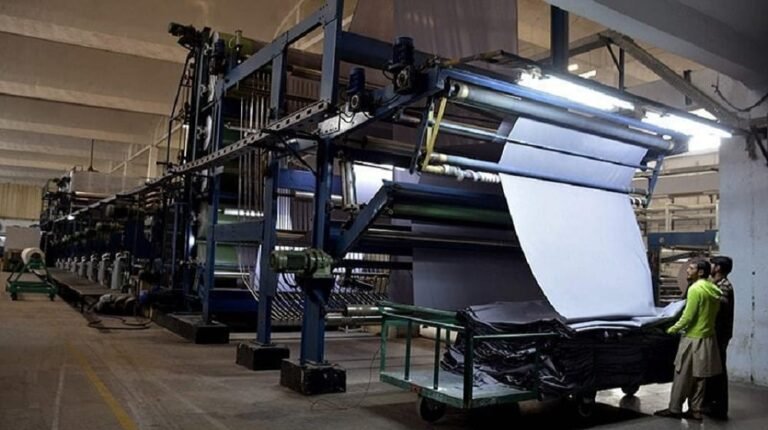The government is planning significant amendments to the Protection of Economic Reform Act (PERA) 1992, aiming to provide robust protection for foreign exchange remitted from abroad when invested in Pakistan’s industrial sector.
The proposed changes are part of the draft Industrial Policy, which seeks to revitalize the stagnant industrial sector, generate exportable surpluses, and ensure sustainable economic growth.
The draft policy, which has already been discussed with Prime Minister Shehbaz Sharif, includes legal reforms aimed at strengthening investor confidence and ensuring the unhindered repatriation of profits. However, its finalization hinges on approval from the International Monetary Fund (IMF), given Pakistan’s ongoing commitments under the IMF program.
One of the most notable proposals is the introduction of a new section in the PERA Act 1992, explicitly prohibiting the retrospective withdrawal of fiscal incentives for investments already initiated. The draft amendment ensures that any changes to fiscal laws that negatively impact prior investments will not apply retroactively. It further clarifies that once an investor has taken steps based on a fiscal incentive, they will acquire vested rights, safeguarding their investments from future policy reversals.
Additionally, amendments to the General Clauses Act, 1897, have been proposed. A new clause under Section 10A would limit record retention to ten years after the close of the relevant financial year. However, in cases where legal proceedings are ongoing, entities would be required to retain records until a final decision is reached.
The government is also considering changes to the Income Tax Ordinance, 2001, to encourage foreign investment in the industrial sector. A proposed sub-section under Section 111(4B) would exempt foreign exchange remitted through regular banking channels—from jurisdictions compliant with the Financial Action Task Force (FATF)—and invested in industrial or manufacturing undertakings. This exemption would apply if a bank certificate is provided, shielding such investments from scrutiny under Section 111(1), which deals with unexplained income and assets.
The Federal Board of Revenue (FBR) has raised concerns over the proposed exemption, arguing that the current language of Section 111 was carefully crafted after extensive negotiations with FATF. Officials warned that any dilution of these provisions could create compliance challenges and potentially jeopardize Pakistan’s standing with FATF.
The FBR also highlighted the difficulty of introducing such amendments while Pakistan remains under the IMF program. However, they acknowledged the need for mechanisms that facilitate genuine business transactions and attract foreign investment without unnecessary bureaucratic hurdles.
In response to these concerns, it was agreed that the State Bank of Pakistan (SBP) and the FBR will work together to develop a practical mechanism for simplifying the declaration of income sources. This mechanism would aim to streamline capital flows for industrial investment without requiring immediate changes to existing laws.

